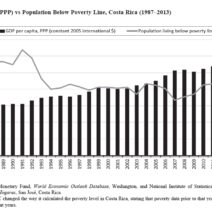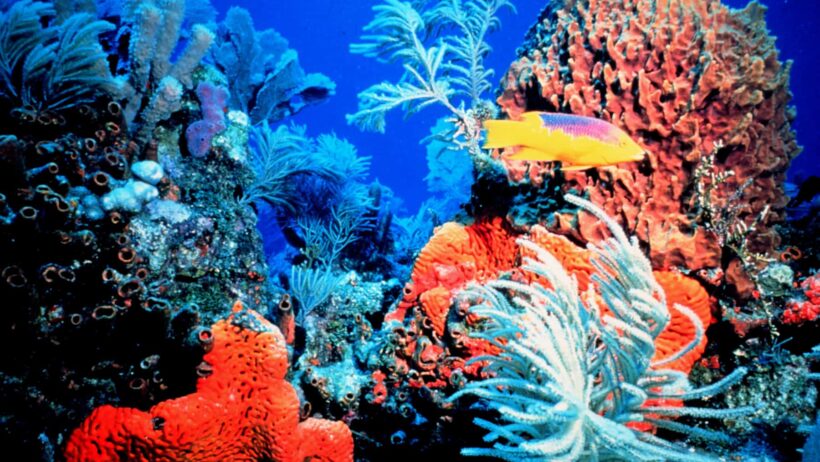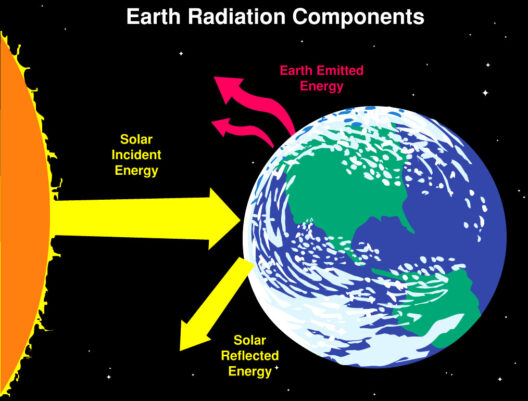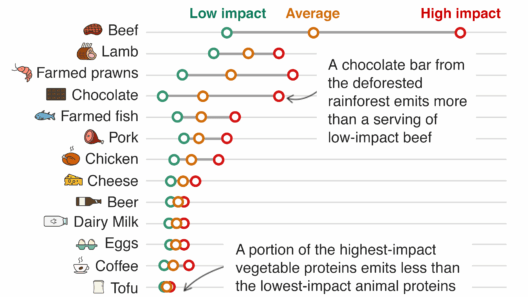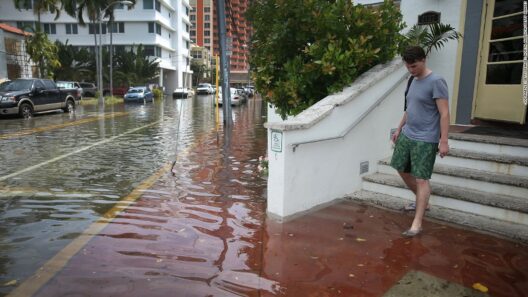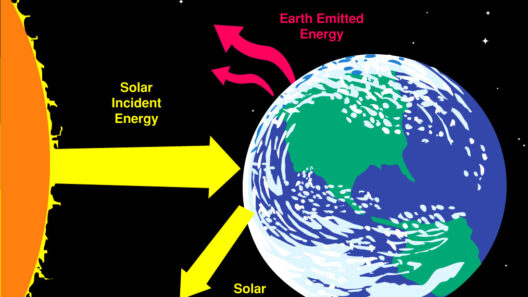Coral reefs, often described as the “rainforests of the sea,” are vibrant ecosystems teeming with life, providing habitat, food, and shelter for countless marine species. Their intricate structures, composed primarily of calcium carbonate, reflect a remarkable synergy between living organisms and geological processes. However, these underwater paradises are in dire straits, ravaged by the menacing effects of global warming. The crisis facing coral reefs is profound, as rising sea temperatures and ocean acidification threaten these delicate ecosystems, eliciting concern from scientists and environmentalists alike.
The phenomenon known as coral bleaching is one of the most visible indicators of coral stress. Under normal conditions, corals maintain a symbiotic relationship with zooxanthellae, the algae that reside within their tissues and provide them with essential nutrients through photosynthesis. However, when water temperatures climb beyond the threshold of tolerance, corals expel these algae, leading to a stark loss of color and an alarming reduction in their vitality. Prolonged bleaching can result in coral mortality, thereby disrupting the entire marine ecosystem.
This climatic upheaval is not an isolated occurrence. In fact, coral reefs occupy a significant niche in the global ecosystem, supporting vibrant biodiversity. Approximately 25% of all marine species rely on coral reefs during some stage of their life cycle. These ecosystems act as nurseries for fish, hosting species that are crucial for food webs. Furthermore, healthy reefs contribute to coastal protection, shielding shorelines from wave erosion and storm surges. The ramifications of coral decline extend beyond ecological dynamics; they permeate through social and economic domains, impacting millions of people who depend on reefs for their livelihoods, particularly in developing nations.
The interplay of global warming and ocean acidification exacerbates the plight of coral reefs. As atmospheric carbon dioxide concentrations escalate, a significant portion is absorbed by the oceans, leading to a decrease in pH levels. This increased acidity hinders the ability of corals to calcify, thereby impairing their growth and structural integrity. The decline of coral populations can invoke a cascade of repercussions: diminished fish biomass, alterations in species composition, and reduced resilience against other stressors, such as pollution and overfishing.
Despite the precarious situation, there is a glimmer of hope. Ongoing research into coral restoration techniques presents promising avenues for conservation. Notably, scientists are exploring the potential of coral gardening, where fragments of resilient coral species are cultivated in nurseries before being transplanted onto degraded reefs. This method aims not only to restore lost biodiversity but also to enhance the resilience of coral populations in the face of environmental change.
Moreover, the investigation into genetically modified corals represents a daring frontier in coral conservation. Scientists are delving into the genetic makeup of corals to identify traits that confer resilience to temperature fluctuations and disease. By selectively breeding or employing gene-editing technologies, there is potential to create coral strains that can withstand the pressures imposed by climate change. Such innovations could play a pivotal role in restoring reefs to their natural splendor.
Public awareness and engagement are crucial for the preservation of coral reefs. Educational initiatives that underscore the importance of these ecosystems can galvanize individuals and communities to advocate for sustainable practices. Coastal development, pollution mitigation, and responsible fishing practices are paramount to reducing anthropogenic stressors on these ecosystems. Moreover, promoting marine protected areas can allow for the rejuvenation of degraded reefs, facilitating a holistic approach to marine conservation.
Legislative measures at both local and international levels are essential to ensure that coral reef conservation is prioritized in climate action agendas. Global initiatives, such as the Paris Agreement, have set the stage for reducing greenhouse gas emissions, with the ambition to limit global warming to well below 2 degrees Celsius. However, successful implementation hinges on collective action from governments, industries, and individuals alike. The multifaceted nature of coral reef conservation necessitates that responsibility is shared among all stakeholders.
With ongoing climate change, the future of coral reefs hangs in the balance. Their plight is a stark reminder of the interconnectedness of our planet’s systems and the urgent need for concerted action. As stewards of the environment, we must advocate for sustainable practices that respect and preserve these marine jewels. Just as coral reefs offer refuge and sustenance to myriad species, humanity must provide similar guardianship in the face of climate adversity.
In summary, coral reefs, precious and vibrant, are succumbing to the relentless march of global warming. The urgency for action cannot be overstated. By recognizing the intrinsic value of coral ecosystems and promoting sustainable practices, there is potential to forge a path toward their restoration. It is not merely an environmental issue; it is a call to protect the rich tapestry of life that coral reefs embody—a collective responsibility to ourselves and future generations.
